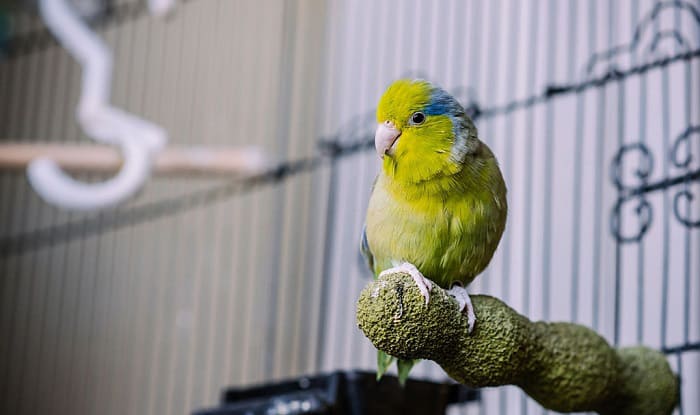Despite their beauty, birds can carry health dangers that range from minor irritations to serious illness. From allergies to infections, humans need to take precautions when exposed to birds and bird-related materials.
Allergies and Asthma
Bird feathers, dander and dried secretions in droppings can cause allergic reactions and worsen asthma. Exposure triggers the production of antibodies that result in symptoms like:
- Sneezing
- Itchy, watery eyes
- Runny nose
- Coughing
- Wheezing and shortness of breath
To avoid allergies, prevent birds from nesting near your home and wear protective gear like a mask, glasses and gloves when cleaning up bird droppings. Keep windows closed to limit dust and dander inside.
Diseases and Infections
Birds can transmit germs that cause a range of illnesses in humans, including:
- Salmonella – Contact with raw bird droppings may lead to food poisoning with symptoms like nausea, vomiting and diarrhea. Thoroughly wash hands after handling birds or their supplies.
- Chlamydia – This bacterial infection causes conjunctivitis and respiratory issues. Practice caution and wear protective gear around untended bird baths and feeders.
- Cryptococcosis – Bird droppings can harbor a fungus that causes serious lung or blood infections in humans, especially those with weak immune systems.
- Histoplasmosis – People working with bird droppings have a higher risk of this lung disease caused by fungus found in soil contaminated by droppings. Proper ventilation, ventilation mask and gloves are essential.
When Cleaning Up After Birds
To safely remove and dispose of bird droppings:
- Wear protective clothing including long sleeves, pants, boots, gloves and goggles.
- Spray the droppings with a disinfectant and let sit for at least 10 minutes to kill germs.
- Use paper towels to pick up droppings and seal in a plastic bag for disposal in a covered trash can.
- Wash anything touched by droppings in hot, soapy water.
- Thoroughly wash hands with soap and water afterwards.
In conclusion, while providing beauty and joy, birds also pose potential health risks from droppings, feathers and nesting materials. Following proper precautions like avoiding contact, wearing protective gear and promptly disinfecting contaminated areas can help minimize exposure to allergens and infectious diseases from birds. Taking these basic steps will help ensure habitats remain safe for both feathered and human residents.




No comment